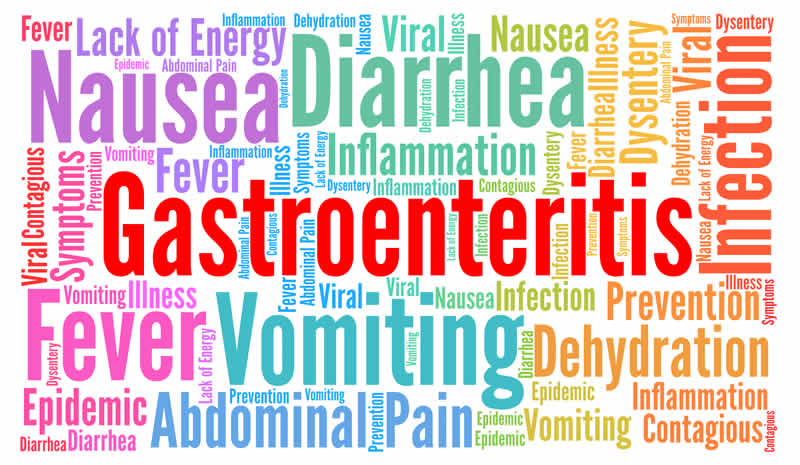
Asthma is a common condition for us at Saveco Health Center in Larnaca and our doctors in Larnaca. You, or your child are not alone using your prescribed treatments and following our Larnaca Doctor ’s advice, most people should be able to live their lives unconstrained by Asthma.
To understand what Asthma is, it is important to be aware of the structure of the airway. Air is inhaled through the mouth and nose and passes into the windpipe (Trachea). This divides within the chest, into smaller air passages (Bronchi) on the left and right sides. The left passage divides into two subdivisions, the right one divides into three. These passages subdivide further into smaller branches (Bronchioles) which end in small air sacs (The Alveoli). It is within these sacs that oxygen passes into the blood and waste gases, such as carbon dioxide pass back into the airway and are exhaled by breathing out through the mouth and nose.
In the lungs of someone with Asthma, the lining of the airways become inflamed. These airways can react badly when you have a cold or other viral infection, or when you come into contact with an asthma trigger factor.
A trigger can be anything that irritates the airways and causes the symptoms of Asthma to appear. Each person who lives with Asthma experiences his, or her own personalised version of the condition. The triggers which irritate Asthma symptoms can be different in each case, but the following situations are known to trigger symptoms and may lead to an Asthma attack:
- Colds or flu
- Extreme emotions (such as stress or laughter)
- Tobacco smoke
- Allergies (commonly house dust)
- Drug reactions e.g. Asprin
- Pollution. In some cases there are no definite triggers.
WHAT HAPPENS TO THE AIRWAYS
When someone with Asthma comes into contact with an Asthma trigger, the muscle around the walls of the airways tightens, so that the airway becomes narrower. This is known as (Bronchoconstriction). The lining of the airways becomes inflamed and starts to swell. This leads to several effects:
- The airways tighten and narrow (constriction), leading to difficulty in breathing.
- The airways are much more sensitive (hyperresponsive), become twitchy and irritable, causing the person to cough,which tightens the airways further.
- Often sticky mucus or phlegm is produced, which gathers in the airways and causes congestion, which prompts more coughing, in an attempt to clear the mucus and you may start wheezing.
Wheeze occurs in conditions other than Asthma. It is the sound produced from the passage of air through narrowed, or obstructed airways.
TREATMENTS
Your treatment will depend on how troublesome your Asthma is.
THE GOAL OF ASTHMA TREATMENT
Be free from symptoms day and night.
-Restore normal, or best possible peak flow and maintain it.
-Reduce the risk of severe attacks.
-Minimise absence from school, or work.
The inhaled medicines prescribed for Asthma are called relievers and preventors.
RELIEVERS
These are usually blue in colour. They are used for instant relief of symptoms. These inhalers are called short acting bronchodilators. They open up the airway and allow rapid relief of symptoms. They exert their effects for only short periods of time, usually for 4-6 hours. Relievers only ease the symptoms of Asthma.
THEY DO NOT TREAT UNDERLYING INFLAMATION
Common examples include Solbutamol (Ventolin) and Terbutaline (Bricanyl). Only in the mildest cases of Asthma are these inhalers used on their own. If frequent use of a reliver/inhaler is required (at least once a day), this suggests there is continuous contraction of the airways, indicating poor control. Further review would be required by our Doctor in Larnaca.
Our Larnaca Doctor may add some regular treatment to control Asthma. This would be called a preventor.
PREVENTORS
Usually brown, orange, purple or red. Preventors help to control inflammation (swelling of the airways) that occurs with Asthma. They must be taken on a regular basis, morning and night, as taking them intermittently will offer no real benefit, leading to poor Asthma control. Your Doctor will review your Asthma and when under control, may reduce the dose to the lowest, which maintains effective control of your Asthma. Preventors should never be used to relieve sudden attacks of wheezing, or breathlessness. It can be very worrying for patients with regards taking an inhaled steroid, because of developing unwanted side effects. Inhaled steroids are taken in small doses, which are delivered directly to the lungs, where they work. This is very different from taking a tablet, which may affect others parts of the body.
The two most common side effects of inhaled steroids are oral thrush and hoarseness. These are more common in patients taking high doses of inhaled steroids. Brushing your teeth after use, or rinsing your mouth will help to reduce the risks of this problem. A spacer device can also help to minimise risk.
For some patients their Asthma still remains uncontrolled, despite using a preventor and short-acting reliever. Your Doctor may increase the dose of your preventor, or prescribe a protector. This is a long acting reliever (usually green), which relaxes your airways for up to 12 hours. This would be taken together with your preventor.
Our Doctor in Larnaca works within guidelines and on evidence based practice, to help manage your Asthma. Additional treatments will be managed within these guidelines and will depend on the severity of symptoms. It is important to continue your prescribed treatments, unless our Larnaca Doctor tells you otherwise.
HOW CAN I BEST TAKE CARE OF MY ASTHMA
To ensure good control of symptoms and to monitor for adverse side effects, all patients taking Asthma medicines should be managed closely by our Doctors in Larnaca, or Asthma Nurse.
All Asthma patients should be offered a personalised Asthma Action Plan by our Larnaca doctors. This allows the patient to work in partnership with our Doctor and Asthma Nurse in our Larnaca Clinic, and allows the patient to make decisions to manage their own Asthma. Ask our Larnaca Nurse or Doctor about an action plan, if you don’t already have one.
It is important that anyone suffering from Asthma is provided with education to:
1. Fully understand Asthma
2. Believes they can be free from symptoms
3. Fully understands how their treatment works
4. Understands how to take their inhalers
5. Understands why their treatments work
6. Has high expectations of Asthma control
7. Encouraged to communicate with their Health Care Professions.
This information may take time to understand, and may require several visits. Our Doctor, or Asthma Nurse in Larnaca will assess your needs and can structure your Asthma management to your own individual needs, supporting you towards self care and becoming an expert in the management of your own Asthma.









